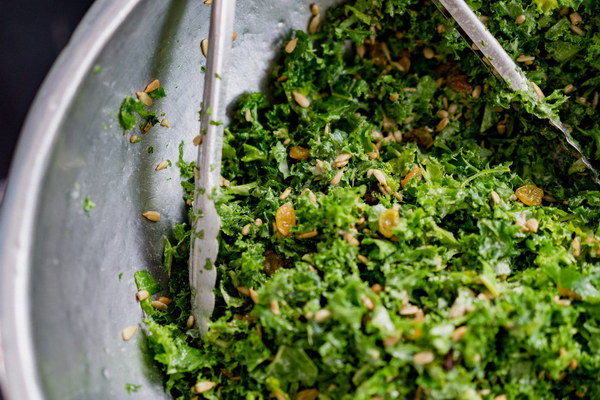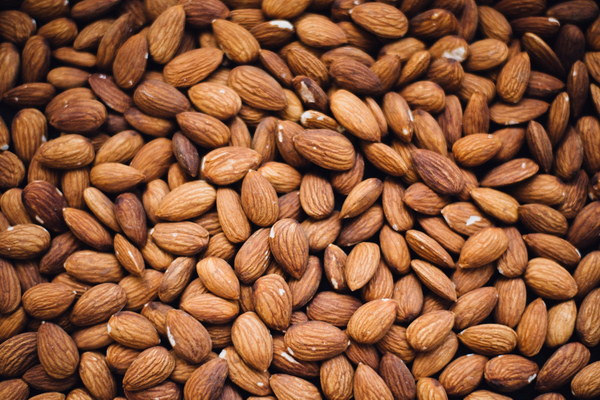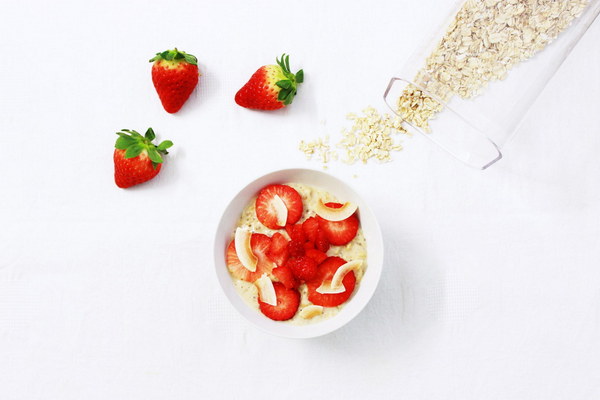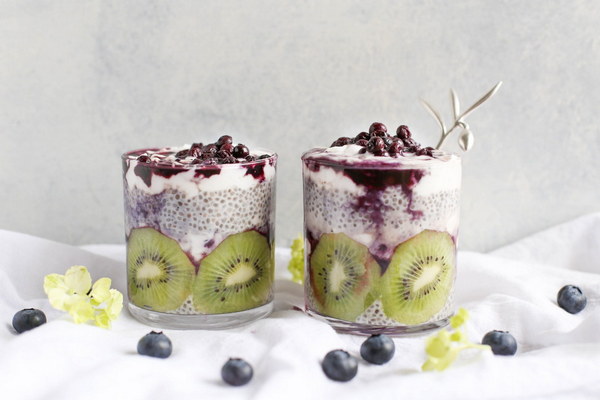Boosting Health Nutritional Supplements for Young Girls Entering Puberty
Entering puberty is a significant milestone in a young girl's life, marking the beginning of her reproductive years. However, this phase can be challenging, especially in terms of physical and emotional changes. One way to support a girl during this critical time is by ensuring she receives adequate nutrition and supplements. This article will discuss various nutritional supplements that can help a young girl navigate the complexities of puberty.
1. Calcium
Calcium is crucial for bone health, and during puberty, when bones are rapidly growing, it becomes even more vital. A deficiency in calcium can lead to weak bones and an increased risk of osteoporosis later in life. To ensure a sufficient intake of calcium, include dairy products like milk, cheese, and yogurt in the diet. Additionally, consider calcium supplements, especially for girls who are lactose intolerant or follow a vegan diet.
2. Iron
Iron is essential for the production of hemoglobin, which carries oxygen in the blood. During puberty, girls experience an increase in blood volume, which can lead to iron deficiency, also known as anemia. Symptoms of anemia include fatigue, weakness, and dizziness. To prevent iron deficiency, encourage your daughter to consume iron-rich foods such as lean meats, poultry, fish, beans, lentils, and fortified cereals. Iron supplements may also be recommended, especially if dietary sources are insufficient.
3. Vitamin D
Vitamin D is necessary for calcium absorption and plays a crucial role in bone health. Sunlight exposure is the primary source of vitamin D, but many young girls may not get enough sun exposure due to various reasons. To ensure adequate vitamin D levels, consider incorporating fatty fish, egg yolks, and fortified foods into the diet. Vitamin D supplements may also be beneficial, especially during the winter months or for those living in regions with limited sunlight.
4. Vitamin C
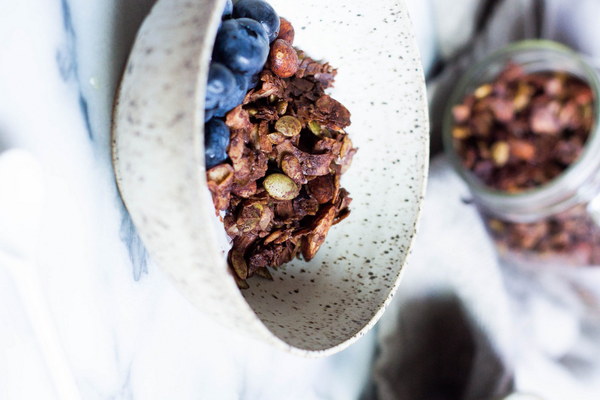
Vitamin C is an essential antioxidant that supports the immune system and aids in the absorption of iron. Citrus fruits, strawberries, bell peppers, and tomatoes are excellent sources of vitamin C. Ensuring a sufficient intake of this vitamin can help boost the immune system and improve overall health during puberty.
5. Omega-3 Fatty Acids
Omega-3 fatty acids, particularly EPA and DHA, are important for brain development and function. These healthy fats can also help alleviate symptoms of depression and anxiety, which are common during puberty. Incorporate foods rich in omega-3 fatty acids, such as fatty fish, flaxseeds, chia seeds, and walnuts, into your daughter's diet. Omega-3 supplements may also be recommended, especially if her diet is low in these nutrients.
6. Magnesium
Magnesium plays a role in over 300 biochemical reactions in the body, including muscle and nerve function, energy production, and bone health. Magnesium deficiency can lead to symptoms such as fatigue, muscle cramps, and mood swings. Foods rich in magnesium include almonds, cashews, Brazil nuts, dark chocolate, and legumes. Magnesium supplements may be beneficial, especially for girls who have difficulty obtaining sufficient amounts from their diet.
When considering nutritional supplements for your daughter, it is crucial to consult with a healthcare professional. They can assess her individual needs and recommend the appropriate dosage and type of supplement. Remember, a balanced diet should always be the primary source of nutrients, and supplements should complement a healthy eating plan.
In conclusion, puberty is a critical time for young girls, and providing them with the necessary nutritional support can help them navigate the challenges of this phase. By ensuring adequate intake of calcium, iron, vitamin D, vitamin C, omega-3 fatty acids, and magnesium, you can help your daughter maintain optimal health and well-being during this transformative period.



